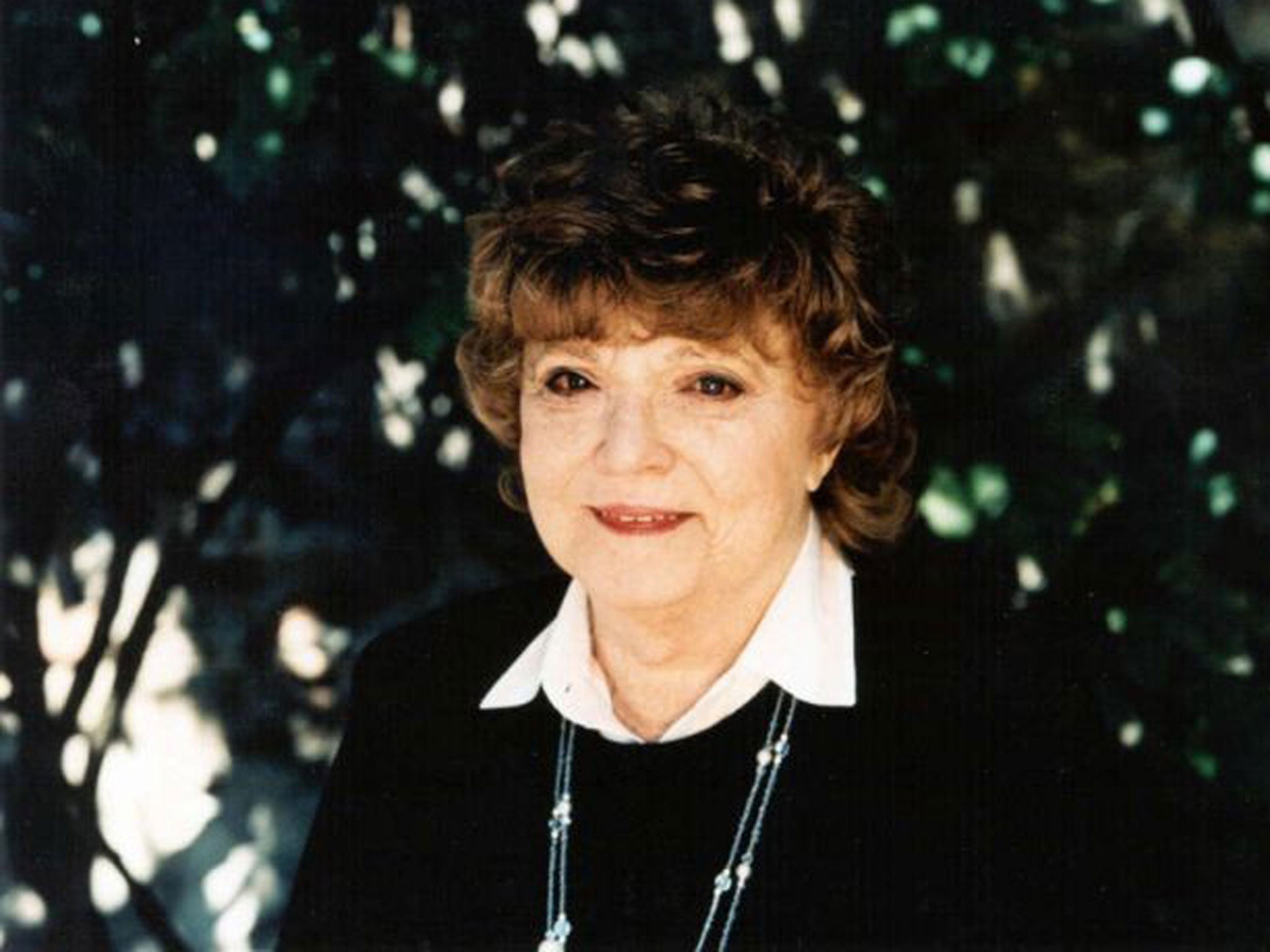Are you listening carefully? Audio books for Christmas

There are rich pickings to be harvested from this year’s crop. Jim Crace’s unforgettable Harvest (Whole Story, 7 CDs, £20.41) is a book begging to be read aloud. Had the Booker judges listened to John Keating reading it, they’d have given it the prize unanimously. The story of a pre-lapsarian village facing the end of centuries of agrarian life is written in blunt and sturdy language that moves seamlessly between Old English accented alliteration and flights of superb iambic pentameter. “Caught between a nettle and a thorn”, the helpless narrator watches as monetary greed and a flagrant injustice destroys a community and creates an avoidable refugee crisis, whose contemporary relevance is unmistakable. It is a work of genius.
The same is not quite true of Sebastian Faulks’s revisiting of PG Wodehouse. In his preamble, Faulks calls Jeeves and the Wedding Bells (Random House, 6 CDs, £17.99) a tribute from a fan, not a parody, and as such it succeeds. Set in 1927, it is rich in expected country house absurdities and elaborate metaphor, but Faulks’s own preoccupations pop up too often. There is, for example, an awkward reference to a Jeeves relative dying on the Western Front. Despite Julian Rhind-Tutt’s heroically dappy Woosterian efforts (and occasionally mystifying vowels), it doesn’t quite ring true.
It might have been a harder task than that undertaken by William Boyd, in writing a new James Bond novel. And yet Solo (Random House, 6 Cds, £17.99) rings truer than the Lutine Bell. Vastly superior to earlier attempts in the genre, this gripping spy story, with its bewildering twists and necessary – but not extraneous – violence, has a genuine cordite whiff of the real thing (the books, you understand, not the ridiculous films.) And, as read by the ultra-cool Dominic West, it will leave you physically unable to press the pause button.
Helen Fielding is also doing a little revisiting. Bridget Jones: Mad about the Boy (Random House, 10 CDs, £18.98) sees her endearing heroine, 14 years on from her last diary entry, surviving lonely widowhood with two young children. The tone is uneven, but none the worse for that. There are still laughs, but also glimpses of real human grief, before the welcome, gratefully received happy ending. Samantha Bond keeps it all together, often sounding, bewitchingly, like a younger Judi Dench.
The real Dame Judi treads the airwaves in spine-chilling form when she narrates a Muriel Spark novella, set in the 1970s. The Driver’s Seat (Whole Story, 3 CDs, £13.27) is a murder mystery in reverse. The unpleasant, lonely anti-heroine flies to an unidentified southern city. She chooses her victims carefully, and lays a deliberate trail by wearing loud, clashing clothes, and behaving with similar aggression. But the real victim is herself. As she, and we, knew it would be all along.
Kate Mosse lets rip on eerie stories, too, in her collection The Mistletoe Bride (Orion, 6 CDs, £18.98). All the zany supernatural elements in her immensely successful novels are released, unfettered by any hint of realism, in versions of old Breton, Provencal and Sussex legends, interspersed with her own “author’s notes”. Two magnificent readers – Simon Russell Beale and Sian Thomas – make these easy to listen to, and good, spooky fun.
The new Nobel laureate, Alice Munro, eschews the supernatural in favour of strong, immediate realism in her collection Dear Life (Whole Story, 8 CDs, £20.41). Set in Ontario, seven decades ago, these are powerful mini-novels of small-town life, with all its tiny disappointments and joys. They are read with elegant restraint by Liza Ross and Robert Slade.
Finally, as the big anniversary approaches, the great Anton Lesser takes honest realism to new heights with his intelligent, movingly understated reading of The War Poetry of Wilfred Owen (Naxos, 1 CD, £8.99). As Owen himself recognised, “the poetry is in the pity”. Nobody could listen to these poignant, anguished elegies all at once, without helpless tears. I know. I tried.
Join our commenting forum
Join thought-provoking conversations, follow other Independent readers and see their replies
Comments